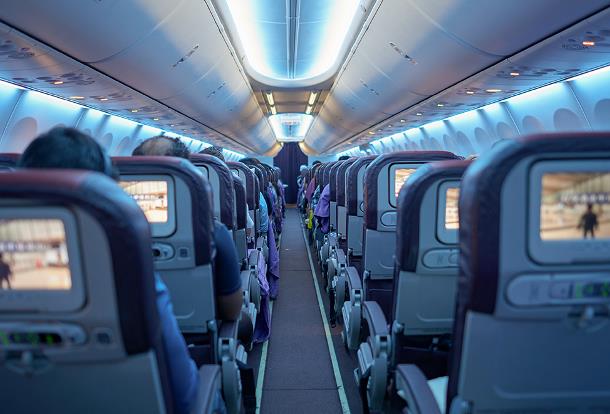Chinese girl Chang Linglong has just returned from a trip to Shanghai that she describes as "a nightmare."
The 160-square-meter apartment she booked on a short-term rental website turned out to be just 70 square meters. And instead of the "quiet, exquisite" house described, she found it right on a busy street, and the noise kept her up all night.
"The promised coffee maker and hair dryer were also nowhere to be found. Isn't it a kind of fraud?" she asked.
Yang Li had an even worse time.
Landing at midnight in the southern city of Shenzhen, she and her friend were more than surprised to find they had nowhere to stay. Their booking had been canceled without notice.
"The owner said the website where we placed the order was temporarily unavailable, so it was rented out on another platform," Yang said.
She called the four service hotlines listed on the website. Three were nonexistent, and the other gave no convincing explanation but merely confirmed that her booking was invalid.
Sharing is increasingly popular in China, with young people the biggest fans. Looking for more flexible and cost-effective travel experiences, people love online home-sharing.
Airbnb opened in China in 2012 and more than 2 million Chinese have used the service overseas. Domestic competitors quickly opened their doors and now over 800,000 properties are up for rent on tujia.com, mayi.com and xiaozhu.com.
However, a plethora of problems have emerged and it is not just the horror stories of dissatisfied travelers which is causing concern.
Someone in east China's Zhejiang Province lost 60,000-yuan worth of camera equipment , while a renter in Tianjin found his sofa and mattress ripped up by the tenant's two dogs. Neither got any compensation.
An Jinming from the Beijing tourism commission said complaints about shares were 20% higher than for traditional accommodation, perhaps due to a lack of unified standards and regulation.
Short-term rentals mostly involve private homes. Landlords can list their homes simply by providing an ID card, ownership certificate or lease contract and a few pictures. Checking the authenticity of this material is not a high priority for the websites.
"We only check the information submitted by landlords. We set no requirements for tenants," staff at a short-term renting website told Xinhua.
According to Li Jinglong, head of the tourism department in Anhui University, China's credit system in the short-term rental market should be connected with banks, the police and third party payments in the name of better regulation.
Regulation of short-term rental services needs to include such areas as fire safety and the architectural quality of the building.
Liang wants legislation as soon as possible and a multi-layer credit-rating system to help development of the industry.
ChinaTravelNews reported on February 16 that Beijing is set to issue the Beijing Tourism Regulations that mandate all home-share operators in the city to hold a valid license starting from 2017.
Read original article




